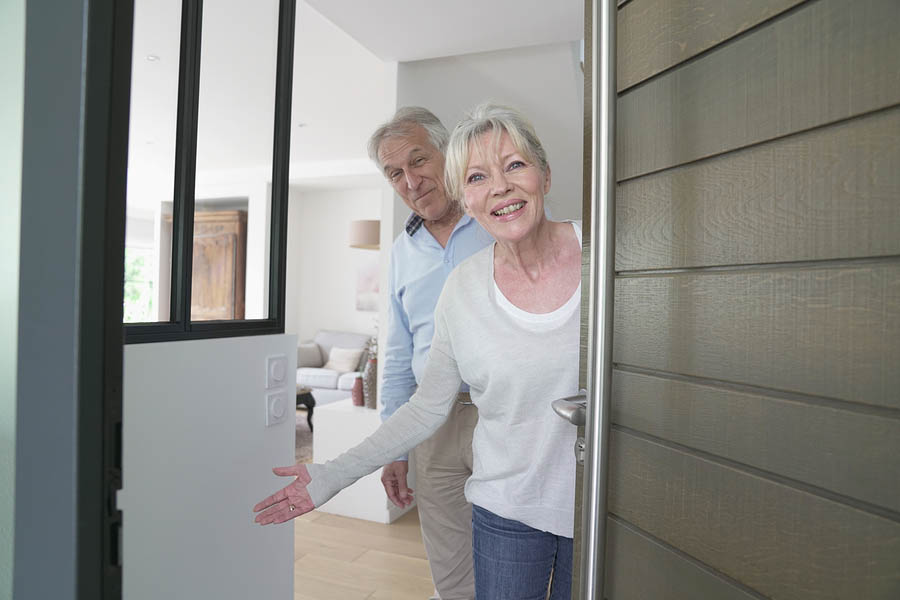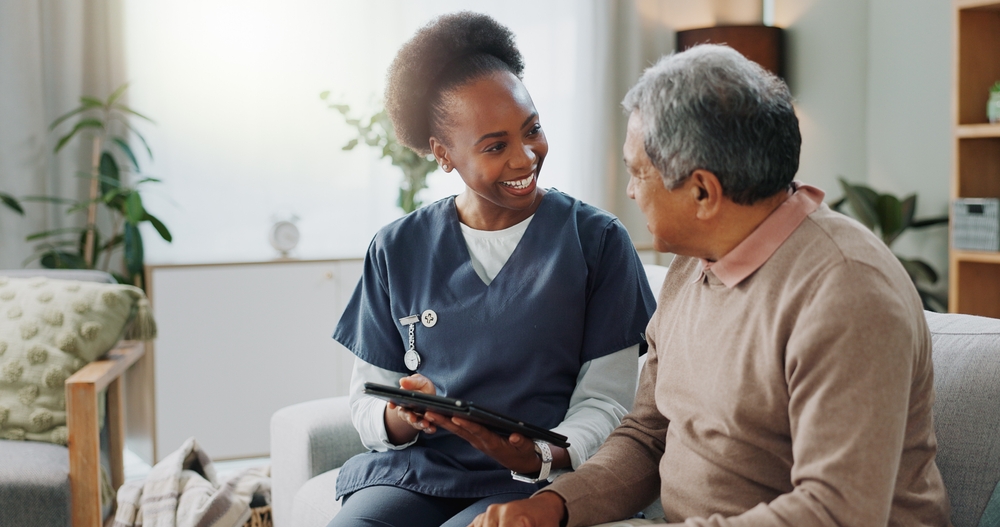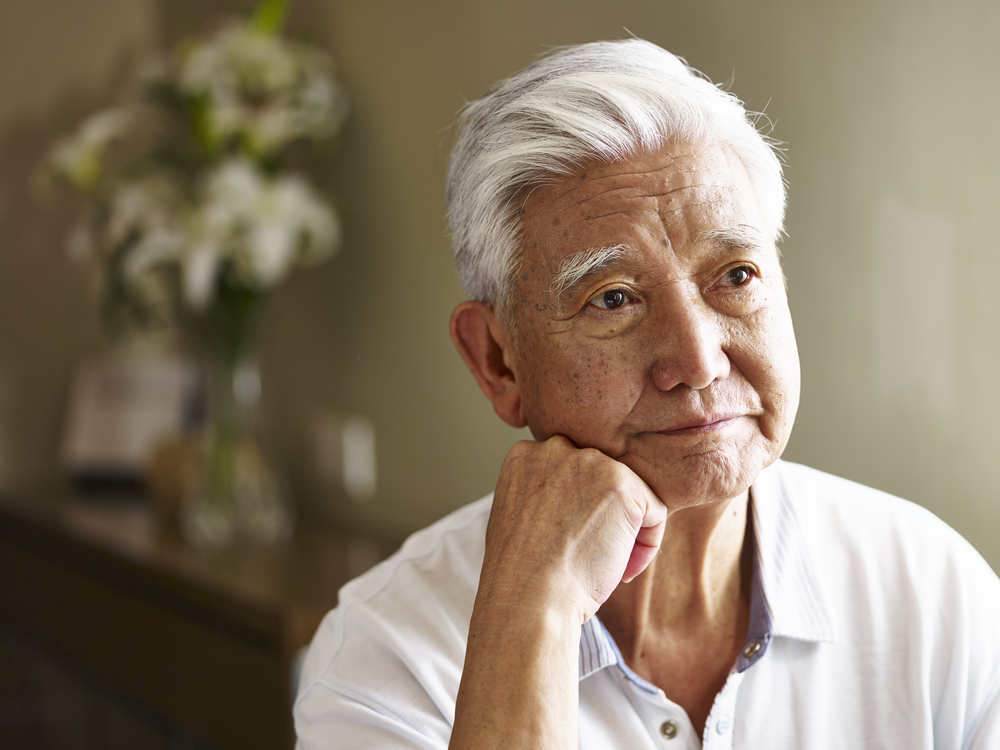Checking on the Elderly: When to be Concerned
Category:

When you don’t hear from loved ones, it’s natural to feel concerned, especially when it comes to seniors. For many older people, even seemingly mundane injuries can be quite dangerous, even more so when seasonal temperatures reach extremes. Those living with mobility limitations are more at risk.
A timely wellness check can bring peace of mind in a way that nothing else can. But when is it appropriate to take your concerns to someone else, like neighbors or police? Below you can learn more about what a wellness check on elderly people involves, and when it’s judicious to ask for one.
Wellness Check for Elderly People
When neighbors, friends, family, or other concerned individuals are unable to contact someone and are worried about their wellbeing, the police can help conduct a wellness check. But what kind of situations call for a wellness check? In short, the answer is whenever someone’s behavior is unusual.
Of course, what constitutes unusual behavior will vary from one individual to the next. While some people follow strict routines, others are more spontaneous. But if you’ve called or knocked to no response, or you otherwise have reason to believe something may have happened, a wellness check is probably a good idea.
Outside of losing contact with someone, there are several more circumstances where a wellness check can be a smart idea. Checking on the elderly in hot weather is a great example. Because elderly people are at greater vulnerability to heat related illnesses, as well as more vulnerable to the effects of hypothermia. If a fall caused someone to lose mobility, they may also lose the ability to defend themselves from large changes in temperature. In short, when seasonal weather kicks in, wellness checks can be increasingly important.
Asking for a Wellness Check
For people wondering how to do a welfare check on elderly persons, it’s really quite simple. It’s possible to request welfare checks on someone by contacting your local authorities. Or if the person you’re checking up on is in another state, you’d contact their local authorities. Only call 911 if you have reason to believe there’s an emergency situation. Otherwise, the best way to request a police welfare check for the elderly is to contact local law enforcement.
Welfare checks are actually quite common for the police because court orders aren’t necessary to check on someone’s welfare. As long as the police have reasons to believe an inhabitant is endangered, they can enter a home to help. And typically, you do not have to worry about calling to follow up after a welfare check because the police should promptly notify you of what they learn.
Making Checking on the Elderly Easier
Over the past couple of years, elderly check-in programs have become more popular. These kinds of services usually work by issuing a robocall to someone’s contact information. If the recipient doesn’t answer the phone several times, the police may get in contact with their emergency contact, or dispatch an officer for a wellness check.
There are a million reasons why someone might not answer a call, or answer a knock at their door. Often times, someone simply didn’t hear the knocking, their phone wasn’t charged, or something similarly innocuous occurred. But if you do have reason for concern, a quick wellness check can be a great way of bringing yourself peace of mind.
Subscribe
Date: 2019-11-28
Category:


